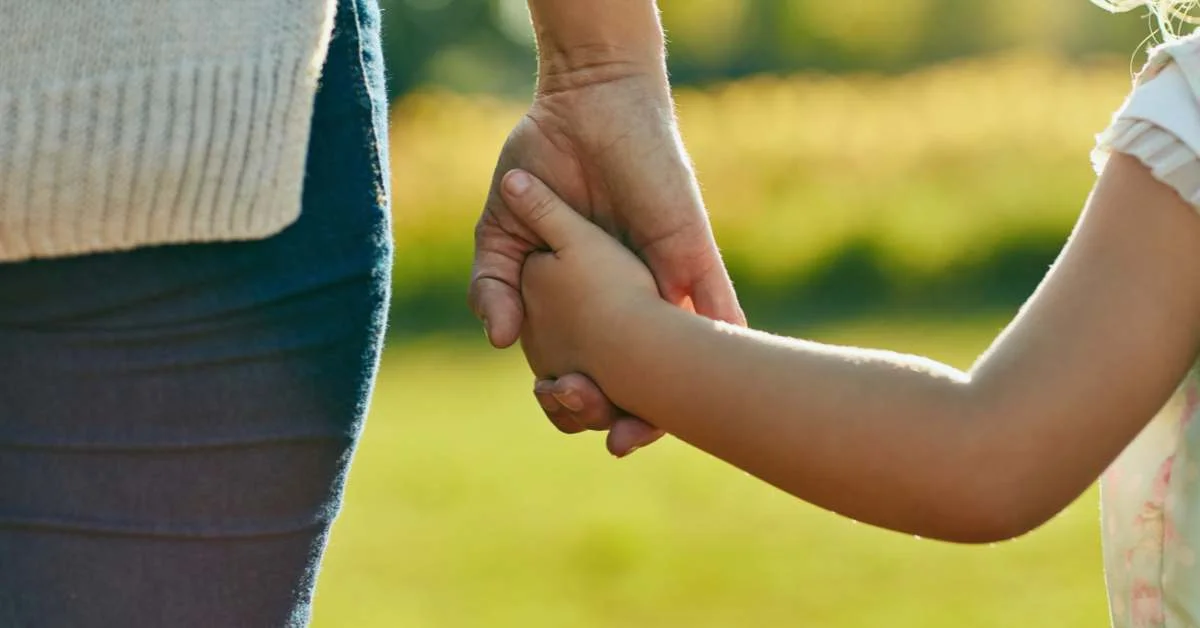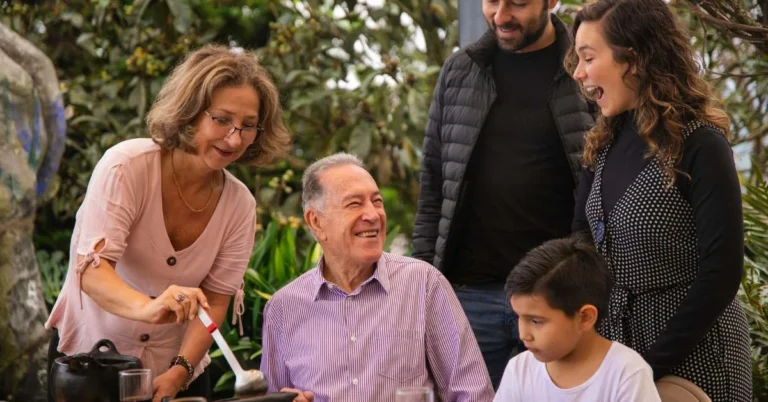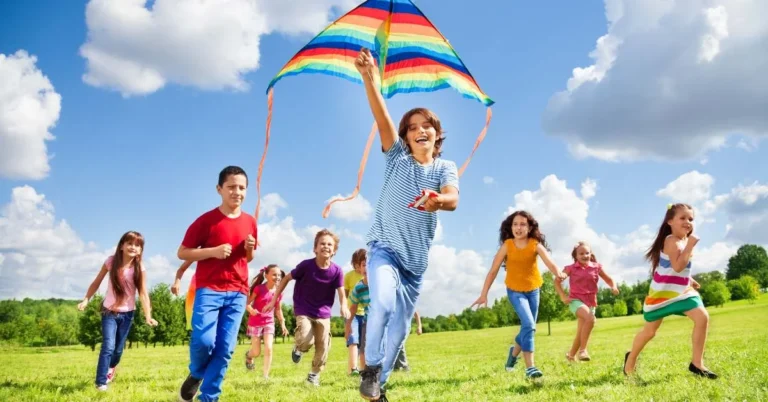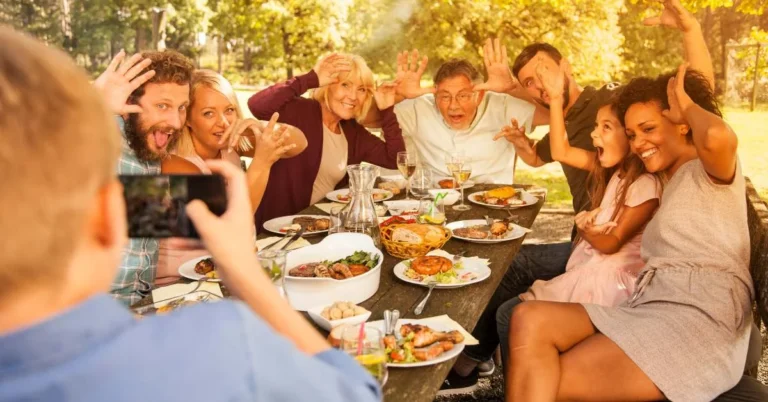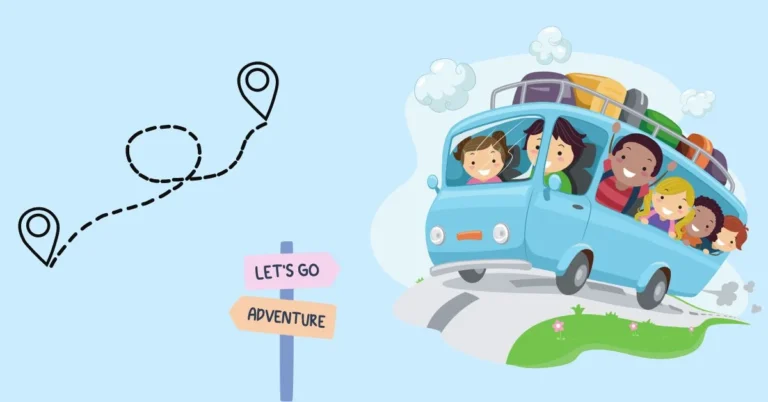How to Keep Your Kids Safe During Family Adventures?
Family vacations and adventures should be fun. They are also exciting times to bond and make lasting memories together.
However, you also want to make sure your kids stay safe during your travels. Here are some tips to help you keep your kids protected while still having a blast on your next family getaway.
What should you pack to keep your kids safe on vacation?
When packing for your trip, be sure to bring any drugs, creams, or supplies. Your child may need them. This includes prescriptions, over-the-counter meds, bandages, anti-itch cream, and antiseptics. You likely won’t have access to your regular pediatrician. So, having what you need on hand brings peace of mind.
Also, pack child-safe sunscreen, hats, sunglasses, and lightweight, long-sleeve swim shirts. The sun’s rays can be deceiving, so always keep your kids covered when outside. Reapply sunscreen often. Consider buying sun-protective clothing specifically designed for kids.
Bring any safety gear appropriate for your destination and activities. This may include bike helmets, life vests, goggles, or protective accessories. Children should wear safety gear at all times. This is especially true for high-risk activities like boating, biking, and skiing. Also, bring chargers and backup batteries for phones. They let you always reach each other if separated.
How can you childproof your hotel room or vacation rental?
When you first arrive, do a quick safety check of your accommodations. Secure any heavy furniture like dressers so they don’t tip over if climbed on. Keep medications, cleaners, and toxic items locked up and out of reach. Place cribs away from windows, blinds, and curtain cords.
Use outlet covers and door stoppers. Install temporary guards. They keep little fingers away from power outlets and from being trapped indoors. Bring a few favorite toys and bedtime stories to make the new place feel more comfortable. Maintain bedtime routines as much as possible.
Alert your child to any special risks. These include balconies, pools, hot tubs, and fire pits. Set clear rules about safety. Be very specific about when adult supervision is required. Set expectations and consequences for wandering off or breaking rules. Remind them how to call you if you’re separated.
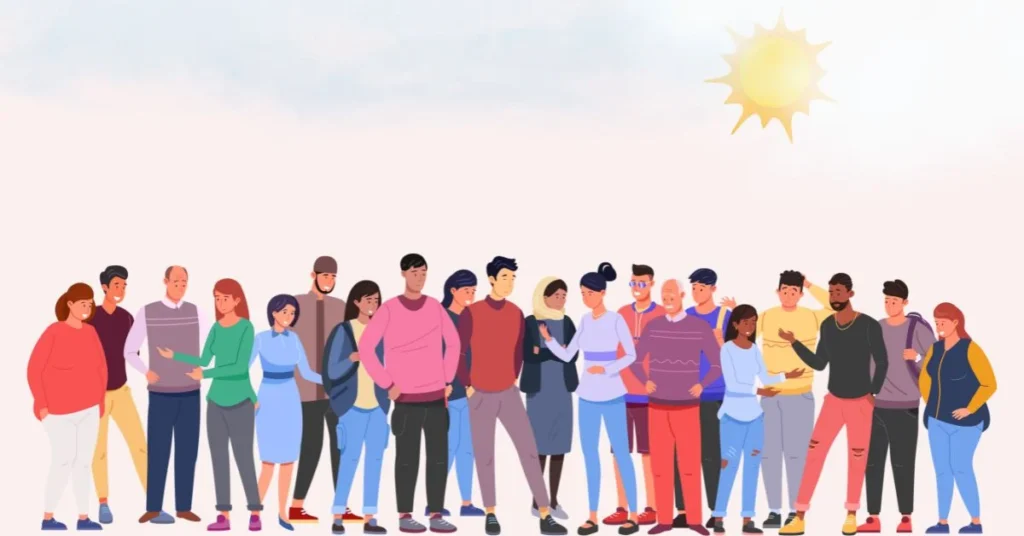
What tips will help keep your kids safe in crowded public spaces?
When visiting crowded venues, like amusement parks or festivals, you must be extra careful. The same goes for tourist attractions. Agree on a designated meet-up spot in case you get separated. Show your child where it is and tell them to stay put if lost.
Have your kids wear a wristband with your name and phone number. Include any critical medical info like allergies. Consider tracking devices for older kids who roam more freely. Frequently remind children to stay close and avoid wandering off.
Set times for mandatory check-ins throughout the day. Have kids stop what they’re doing and find you at agreed times. This way you’ll know they haven’t wandered off and you can do a quick location/head count.
Closely watch young children on rides, in playgrounds, and in crowds. Hold their hands or use leashes if needed. Sit little ones on the inside seat of rides with dividers. Watch for tripping hazards or exiting riders.
What are important water safety rules for kids?
Around water, like a pool, lake, ocean, or river, kids need nonstop, eagle-eye supervision. An adult should be within arm’s reach at all times.
Enroll younger kids in swim lessons to familiarize them with water. Buy Coast Guard-approved life jackets and make sure they fit properly. Inflatable “floaties” are not safety devices.
When boating, know the required age/weight limits for solo riders. Set and enforce boundaries. For example, no running on wet surfaces and no diving in unknown areas. Remind kids to always walk, and never run near water.
Don’t let floaties give you a false sense of security. Kids can still slip out. Avoid distractions that shift focus from watching your children. Be in the water and engage with them rather than reading on the sidelines.
Teach kids to always ask permission before going near water so you can supervise. Stress that swimming is only allowed with an adult present.
What other safety measures can help reduce kids’ injury risks?
- Use childproof locks on cabinets and drawers at home. Also, use them on toilets to prevent poisonings and drownings.
- Check smoke detector batteries before traveling to ensure they work if needed.
- Research local emergency numbers and hospital locations at your destination.
- Avoid outdoor play at dusk and dawn when hard-to-see creatures are active.
- Have kids wash their hands frequently, especially before eating.
- Monitor food allergies closely when dining out somewhere new.
- Follow recommended dosage guidelines closely when giving medications.
- Take first aid classes so you can treat minor injuries.
Take simple precautions. Use your best judgment. Then, you can focus on making great memories with your kids. You won’t need to worry about their safety. Remain vigilant but don’t let fear ruin your family adventures. Stay alert and enjoy this precious time together!
